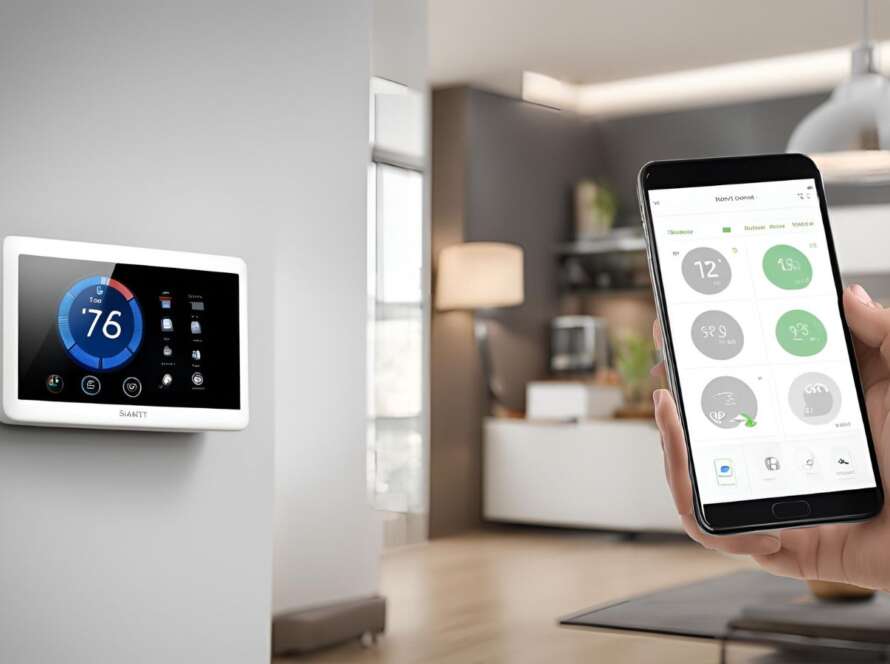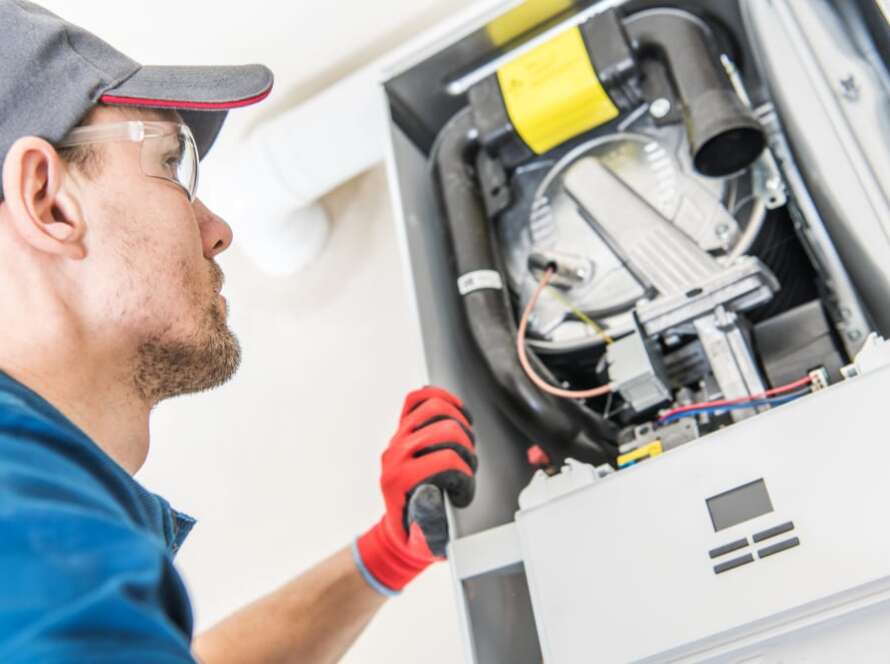Did you know that the air inside your home can be more polluted than the air outside? Poor indoor air quality can lead to a variety of health issues, including allergies, asthma, and respiratory problems. In this blog, we’ll share some effective strategies for improving indoor air quality and creating a healthier living environment for your family.
1. Install a High-Efficiency Air Filter
Air filters play a crucial role in capturing dust, pollen, pet dander, and other airborne particles that can affect indoor air quality. A standard air filter does an adequate job of filtering out larger particles, but upgrading to a high-efficiency particulate air (HEPA) filter can capture smaller pollutants, improving air quality significantly.
If you have allergies or respiratory issues, consider installing a HEPA filtration system to remove up to 99.97% of airborne particles. This system works in conjunction with your HVAC system to ensure clean, purified air circulates throughout your home.
2. Invest in a Whole-House Humidifier
Maintaining the proper humidity level is essential for good indoor air quality. Air that is too dry can lead to dry skin, irritated sinuses, and increased susceptibility to respiratory infections. On the other hand, high humidity levels can encourage mold growth and dust mites.
A whole-house humidifier can help you maintain ideal humidity levels (between 30% and 50%) throughout the year. Whether you opt for a bypass, powered, or steam humidifier, it will work seamlessly with your HVAC system to keep the air in your home balanced and comfortable.
3. Use a UV Germicidal Light
UV germicidal lights are an excellent way to improve indoor air quality by eliminating bacteria, viruses, and mold spores from your home’s air. These lights are installed within your HVAC system and use ultraviolet rays to kill harmful microorganisms before they can circulate through your air ducts.
UV lights are particularly useful for households with young children, elderly family members, or individuals with weakened immune systems. They provide an extra layer of protection against harmful pathogens, ensuring your indoor air is as clean as possible.
4. Clean and Maintain Your HVAC System
Your HVAC system plays a significant role in maintaining indoor air quality. Over time, dust, dirt, and other debris can accumulate in the system, reducing its efficiency and circulating pollutants throughout your home. Regular HVAC maintenance, including cleaning coils and replacing filters, is essential for keeping the air in your home clean and fresh.
Conclusion
Improving indoor air quality doesn’t have to be complicated. With the right equipment and regular maintenance, you can breathe easier and enjoy a healthier home environment. Contact Jackson Heating & Cooling today at 403-828-0100 to learn more about our indoor air quality solutions.



